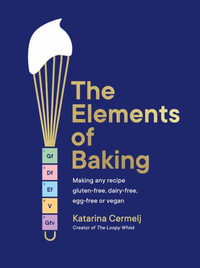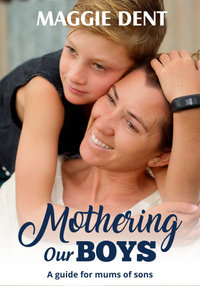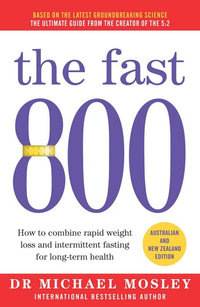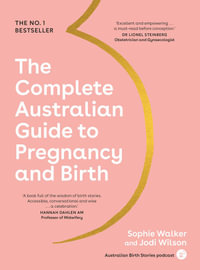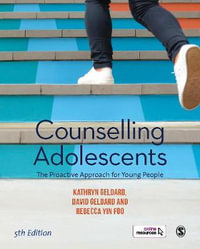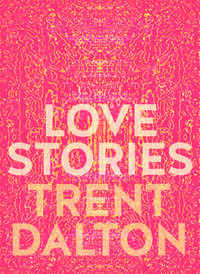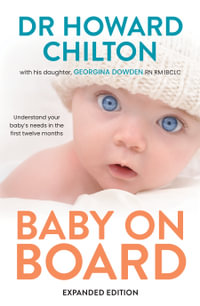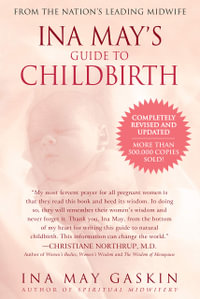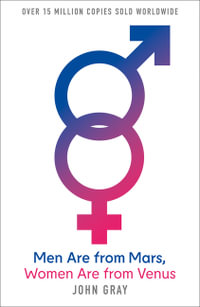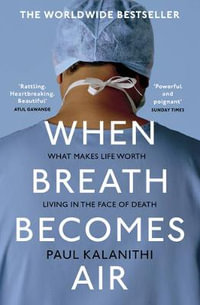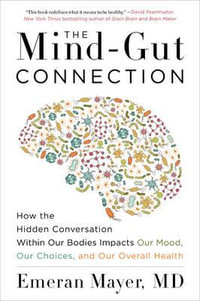AN OBSTETRICIAN'S GUIDE TO PREPARING FOR CHILDBIRTH: WARM, INFORMATIVE AND FUNNY.
For most mum’s-to-be, the birth suite is a black box. An alarming number venture in with little clue of what to expect. The Birth Book empowers mothers, partners and support people with knowledge - changing potentially frightening birth experiences into cherished, life-long memories.
Drawing on his extensive experience as an obstetric specialist and leading researcher into making childbirth safer, Professor Stephen Tong guides you through vital information to ensure a safe and happy birth day. Simply written and entertaining, the pages are packed with information and real-life stories to answer questions such as:
- What happens during labour exactly?
- How long will labour last?
- Are epidurals safe?
- Why are caesareans even needed?
- What options and choices do I have?
Professor Tong carefully breaks down the evidence and facts so you have the knowledge and insight share in decision-making where-ever your birth may lead.
The Birth Book provides you with everything you need to know to turn anxiety and trepidation about your childbirth into an empowering and confidence led experience.
About the Author
An Asian Australian, from a migrant family and schooled in the public system in Australia, Stephen climbed to become Professor by age 39.
Now a leading Professor of Obstetrics in Australia, he juggles two careers.
As a specialist obstetrician, he has been providing pregnancy care for two decades. Stephen has personally assisted in the birth of thousands of babies. He continues to practice his craft at Mercy Hospital for Women, one of the leading academic maternity hospitals in Australia. There, he also trains obstetric specialists of the future.
Over a long career he has kept a friendly, watchful eye over many perfectly normal vaginal births, forming part of the enthusiastic support team urging spirited pushing. He has also lent a helping hand for births that needed one by performing – or supervising - thousands of caesars, or forceps assisted births. He has consoled women touched by the devastation of stillbirth; and provided expert care for those unfortunate to have developed nasty pregnancy complications. And on occasion, Stephen has led clinical teams who have moved with haste to save a life.
As a research academic, he is among one of Australia’s top Professors of Obstetrics and Gynaecology. Stephen is widely known internationally within his research field.
Leading a big team of scientists and clinical researchers, Stephen is chasing discoveries to make pregnancy safer. Researchers under his helm or mentorship include Associate Professors, Senior Lecturers, a Rhodes Scholar and many obstetricians and scientists.
He is one of the lead investigators running several clinical trials across the world – United Kingdom, South Africa, Australia and New Zealand. These trials are testing new treatments to tackle major complications of pregnancy – preeclampsia and ectopic pregnancy. Treatments that may ultimately save the lives of mothers and babies. Many of these treatments were originally discovered by Stephen’s laboratory team in Melbourne before being launched into international clinical trials.
His team is also running a multi-million dollar research program trying to develop a new blood test to help women avoid stillbirth – a terrible outcome that prematurely ends three million pregnancies a year across the globe.
Stephen is also engaged in research in low and middle-income (LMIC) countries and is one of the leads of a research consortium that runs large population studies based in Pakistan, Solomon Islands and South Africa. These studies are documenting how often life-imperilling complications befall pregnant women in these countries where resources are scarce - an attempt to uncover hidden tragedies so that something can be done about it, to save lives.
He has authored over 180 scientific papers, many of which have been published in prestigious international journals based in the States, United Kingdom and Europe. His research team has attracted over ten million dollars in competitive research grant funding. In recognition of his research achievements, has received three major national awards from the National Health and Medical Research Council of Australia (NHMRC).

